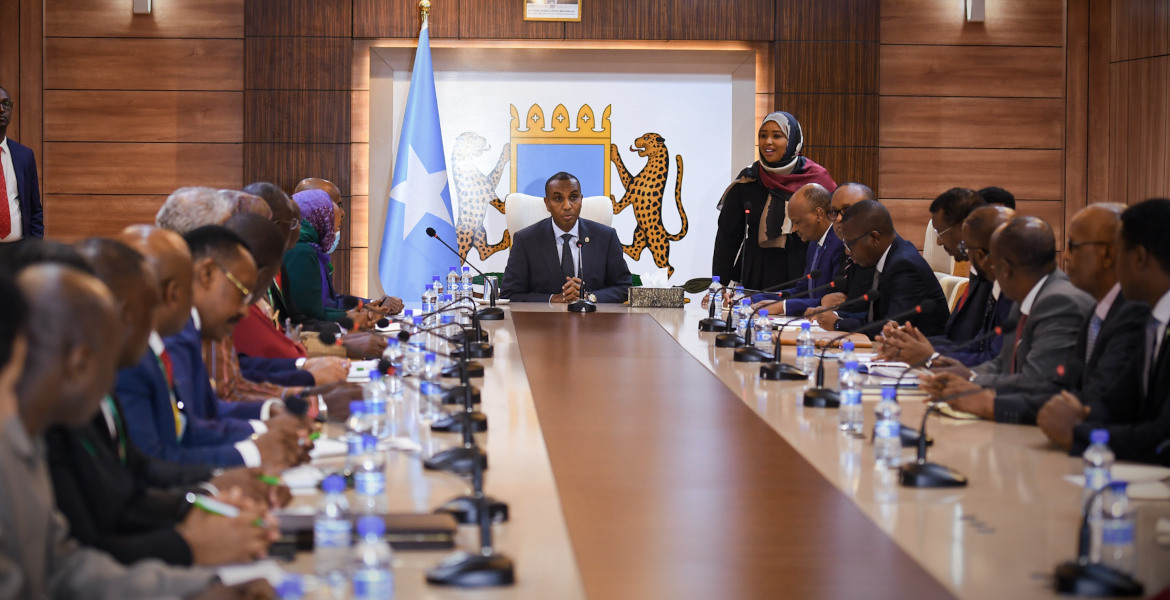The Swedish government has, through a secret decision, paid out approximately 500,000 euros to Somalia to facilitate forced deportations.
The money, which formally went through the UN migration agency IOM, allegedly financed high salaries for individuals with connections to the country's prime minister.
On April 3 this year, the government decided that the Ministry of Justice would pay out approximately 500,000 euros to the Somali government through IOM Somalia. The decision, signed by Swedish Migration Minister Johan Forssell of the Moderate Party, was stated to aim at strengthening Somalia's capacity to handle migration and returns.
In practice, the support has financed three positions at the prime minister's office. According to sources with insight, this involves salaries of over 10,000 euros per month – far above normal levels in the country – and the recipients allegedly have connections to the prime minister's family.
When the Bonnier-owned newspaper Dagens Nyheter requested the decision documents, it turned out that the file was initially empty. Three days later, the Ministry of Justice changed its position and released heavily redacted documents, where most of the content was classified with reference to foreign relations secrecy.
Government: "Prioritized to increase returns"
The government has previously denied that Swedish aid went directly to Somalia's prime minister or his office. In a written statement, however, Johan Forssell confirms that funds from the Ministry of Justice were paid out with the purpose of increasing returns to Somalia.
"For the Moderate-led government, it is a priority to increase returns, and we use all relevant tools to achieve that", Forssell writes.
He further states that it is IOM that plans and implements the project according to its internal guidelines, and that there are no indications of improper handling.
Criticism of lack of transparency
IOM Somalia states that the recruitment of the Swedish-financed positions has followed the organization's rules, but refers to Sweden and Somalia for questions about salaries and appointments.
Ulrik Åshuvud, secretary general of Transparency International Sweden, questions the government's decision to classify large parts of the material.
— The risk of corruption is very high in Somalia, only South Sudan is worse according to our measurements. When the conditions look like this, the requirements for transparency and follow-up need to be set high, he says, and continues:
— For example, one should not pay out the entire amount at once and should have special follow-up requirements.
According to Åshuvud, channeling the funds through an international organization is also no guarantee against corruption.
— The organizations operate in complex environments and must build relationships. Then there is always a risk that corrupt structures creep into the processes.
Long-standing resistance to deportations
After several years of resistance, Somalia agreed last year to receive 28 forcibly deported citizens from Sweden. The Swedish government described the agreement as an "expanded cooperation", but according to information to the tax-funded public radio Ekot, Swedish aid funds have been redirected to enable projects close to the prime minister's office – in exchange for Somalia accepting deportees.
Somalia is one of the world's most corrupt and unstable countries. Transparency International ranks the country as the second most corrupt in the world, and large parts are controlled by the Islamist group al-Shabaab.
The Somali government has not responded to questions about how the Swedish-financed positions were appointed.


